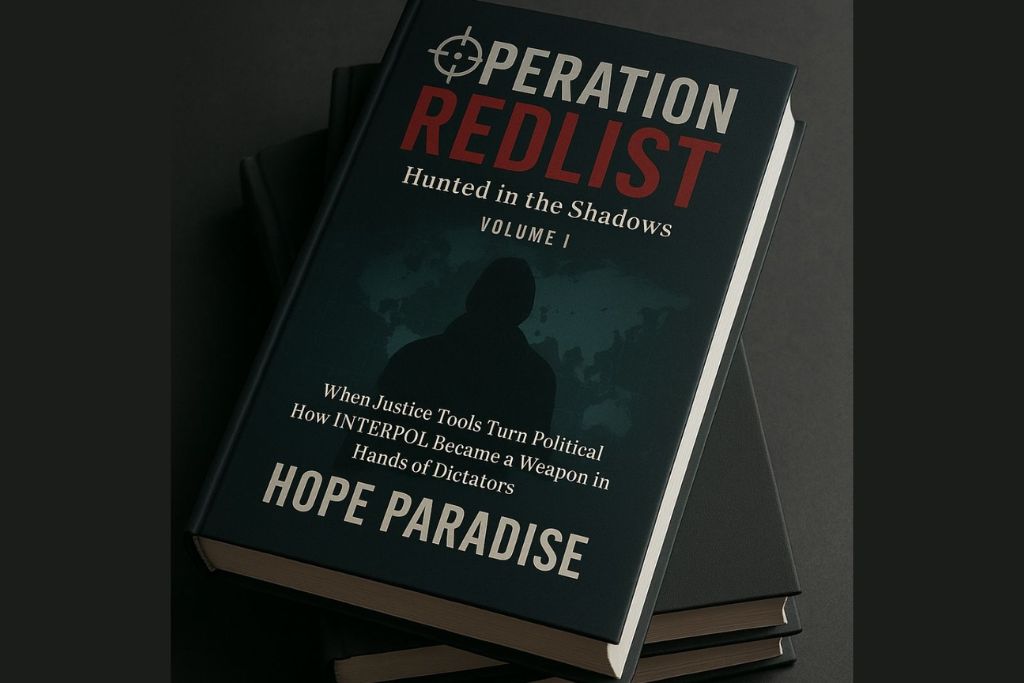day’s world, the ability to express one’s thoughts freely is a fundamental right. However, for many writers, especially in certain countries, this freedom is severely limited. Censorship—whether imposed by governments, corporations, or other institutions—has been a longstanding issue for creators, particularly writers. The importance of censorship-free publishing cannot be overstated, as it enables writers to communicate their ideas, challenge societal norms, and ultimately contribute to the diverse and open exchange of knowledge and culture.
Freedom of Expression and Creativity
At its core, censorship-free publishing is about the freedom to express oneself without the fear of persecution or punishment. When writers are free from censorship, they are able to explore and articulate their thoughts fully, without having to modify or obscure their message to fit within the constraints of societal, political, or institutional expectations. This freedom encourages creativity, allowing authors to break boundaries, explore taboo subjects, and push the limits of their craft.
Creativity thrives in an environment where there are no restrictions on expression. Whether it’s a novelist creating a fictional world, a journalist exposing corruption, or a poet expressing raw emotion, unrestricted publishing allows writers to present their work in its most authentic form. In contrast, censorship stifles this creativity, forcing writers to self-censor and limit their ideas, which can result in watered-down content that fails to make an impact.
Uncovering Truth and Challenging Power
One of the primary roles of writers and journalists is to uncover the truth and challenge those in power. Censorship often acts as a tool for the powerful to suppress dissent and protect their interests. In countries with strong government control over the media, writers can face severe consequences for publishing anything that contradicts the official narrative or questions the status quo.
When writers are free from censorship, they have the opportunity to highlight injustices, expose corruption, and give voice to marginalized groups. Censorship-free publishing allows authors to hold those in power accountable and foster social and political change. The ability to publish without fear of reprisal is critical to maintaining a healthy, functioning democracy, where citizens can access information that helps them make informed decisions about their leaders and the world around them.
Preserving Cultural Diversity and Heritage
Censorship often reflects the dominant cultural and political narrative, which can marginalize minority voices and limit the representation of diverse cultures, histories, and ideas. In many cases, certain ideas and stories are deemed “unsuitable” or “dangerous” because they challenge prevailing norms. This can lead to the erasure of entire cultures, histories, and experiences from the public consciousness.
Censorship-free publishing is essential for preserving cultural diversity. It allows writers from all backgrounds to share their perspectives, ensuring that a wide range of stories and viewpoints are represented. In a world where cultural homogenization is becoming more common, the ability to publish freely ensures that we can preserve and celebrate the richness of human experience in all its forms.
Moreover, censorship-free publishing plays a vital role in the preservation of historical narratives. Books, articles, and other written materials serve as historical records, documenting events, movements, and ideas for future generations. When censorship is imposed, entire periods of history can be distorted or forgotten. Writers who are free to publish without censorship contribute to an accurate, multifaceted understanding of our past, which is crucial for building a more inclusive and just future.
Empowering Individuals and Society
Censorship-free publishing is not only important for writers but also for readers. In a society where information is censored, the public is often deprived of diverse perspectives and ideas. This limits the collective ability to think critically, engage in meaningful debate, and make informed decisions. By allowing writers to publish freely, we empower society to access a wider range of ideas and form its own opinions.
When individuals are exposed to a variety of viewpoints, they are better equipped to understand the complexity of the world around them and make decisions that align with their values. Censorship-free publishing fosters an environment of intellectual growth, where both writers and readers can contribute to the ongoing exchange of ideas and knowledge. In turn, this helps to create a more informed, engaged, and empathetic society.
Global Collaboration and Knowledge Sharing
In the globalized world of today, ideas and information can travel across borders in an instant. Censorship-free publishing enables authors to share their ideas on a global scale, promoting cross-cultural dialogue and collaboration. Writers from different parts of the world can contribute to a larger conversation, exchanging ideas and perspectives that enrich the global community.
By eliminating censorship, we open the doors for new ideas and solutions to emerge. Writers who may have once been limited by local restrictions can now engage with a wider audience, sharing their knowledge, expertise, and experiences. This collaborative exchange is crucial for solving global challenges and advancing humanity as a whole.
Conclusion
The importance of censorship-free publishing cannot be underestimated. It is essential for the freedom of expression, creativity, the pursuit of truth, the preservation of cultural diversity, and the empowerment of individuals and societies. In a world where censorship is still prevalent in many forms, it is crucial to support and protect platforms that allow writers to publish without fear of repression. By ensuring that writers have the freedom to express their ideas openly and without fear, we can foster a more vibrant, diverse, and informed global community—one where ideas can flourish and contribute to positive change for all.

